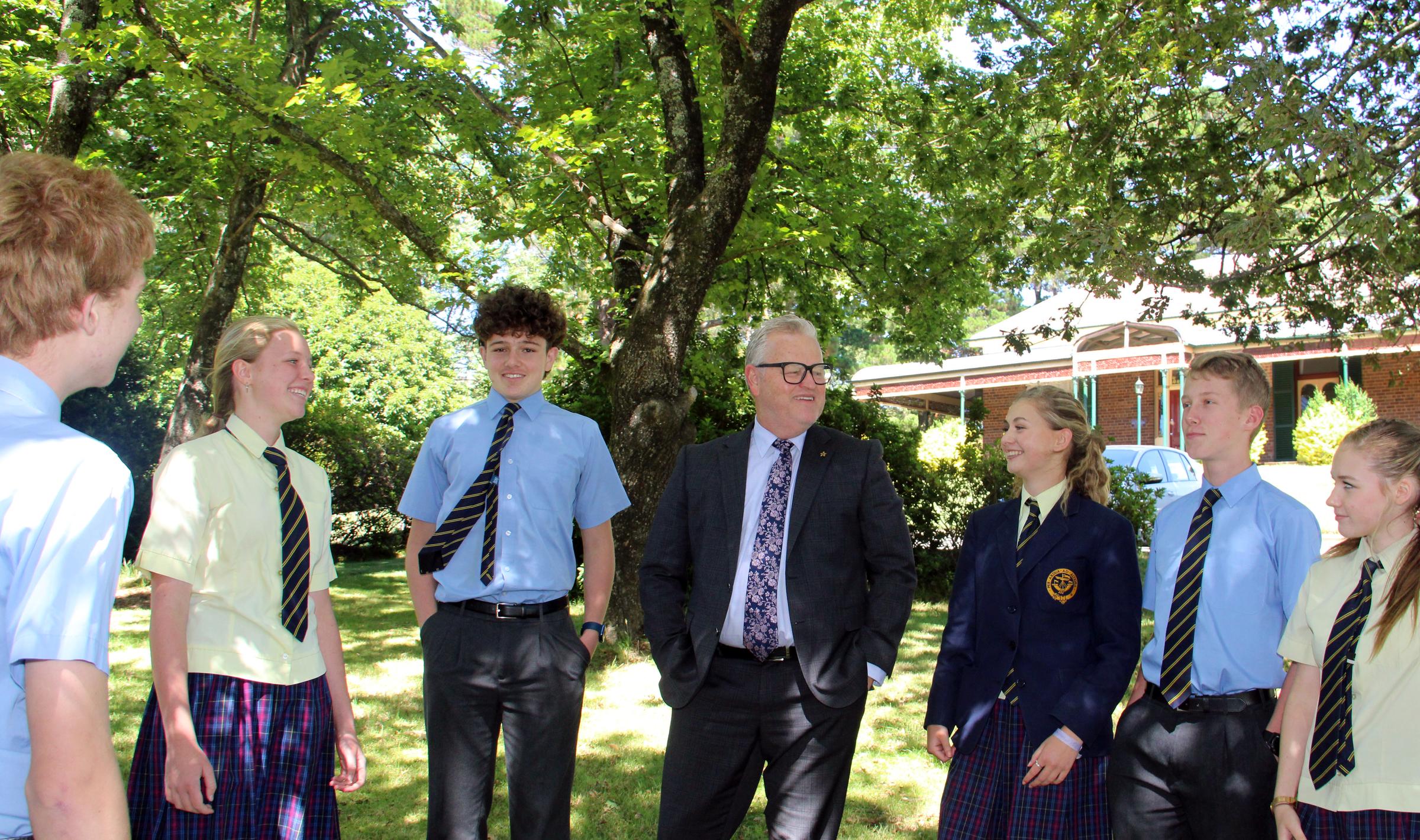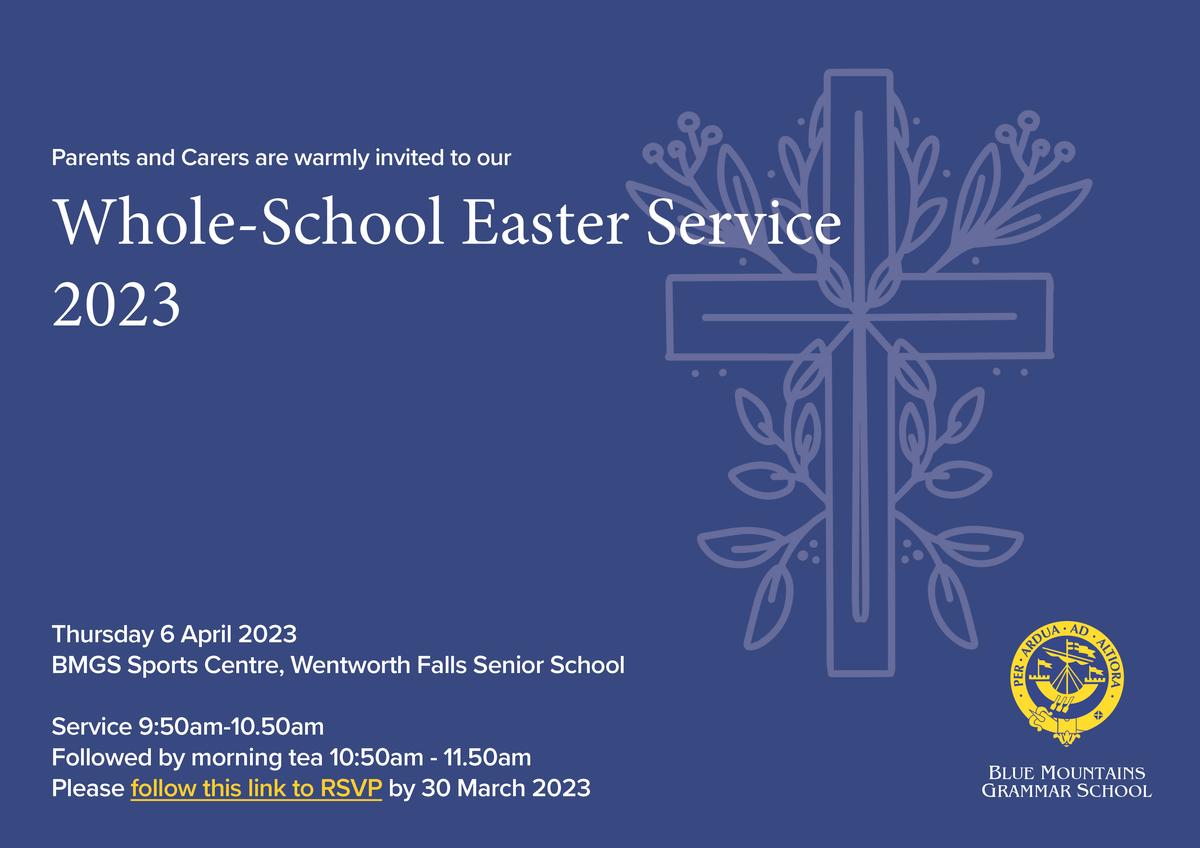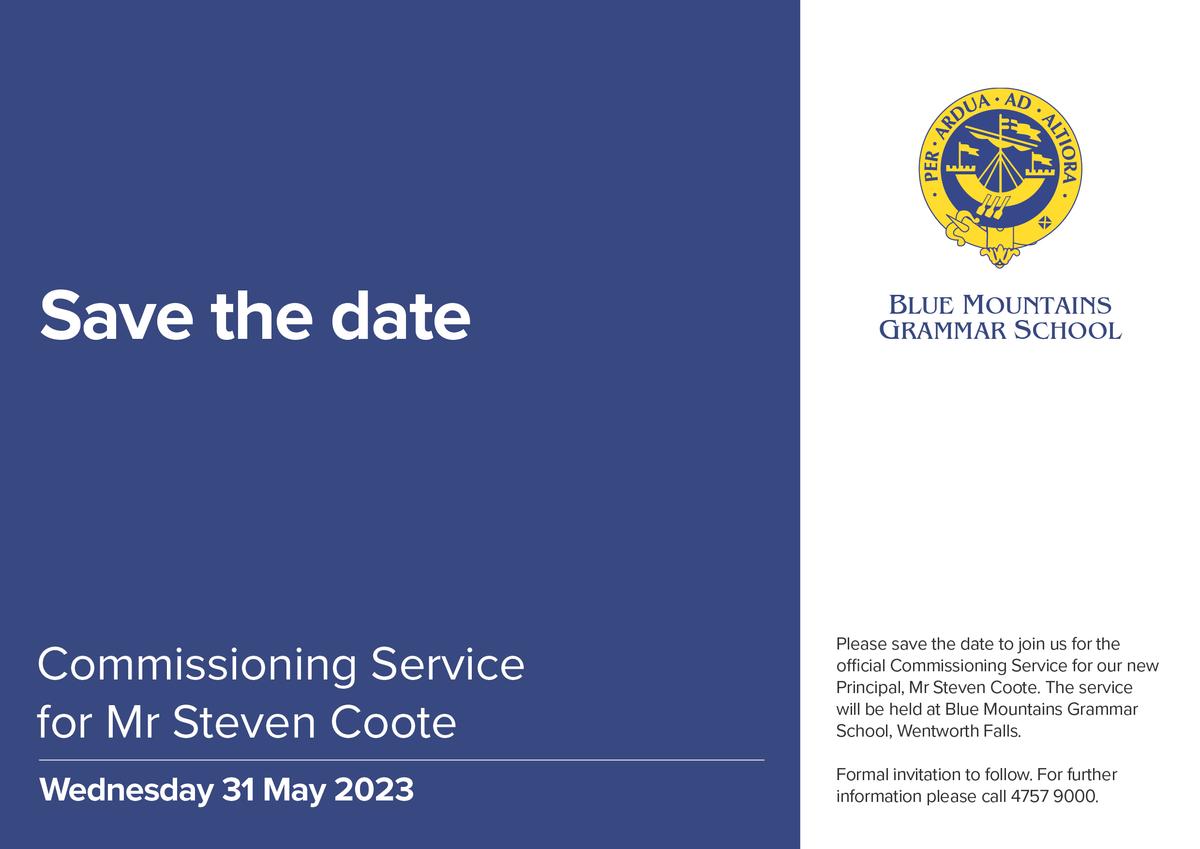From the Principal

The Benefits of Gratitude
I'd like to know if you ever stop and take a moment to reflect on just how fortunate we are to be able to educate our children in Australia. We have access to some of the best resources and facilities in the world, and at BMGS, we are surrounded by a team of dedicated educators who genuinely care about your child's future. While there can be frustration with the prescriptive nature of government to execute curriculum content that is wide yet shallow, at the end of the day, we are blessed to have the choices we have.
It's easy to take this for granted; I know I often do. But when we look at what education is like in other countries, it puts things into perspective. As I researched schools internationally this week, I have been reminded that in some parts of the world, children walk for hours to get to school. Once there, they might not have access to basic supplies like water, learning resources or a roof over their heads. They rarely have desks and chairs, and the idea of electricity is a luxury. And, of course, then they have to make the journey home again in the afternoon/evening. Sadly, in too many cases, in some countries, education is still only available to the wealthy or privileged few, leaving many children without a chance to learn and grow.
And let's not forget the recent events in Afghanistan, where the Taliban have only just allowed male students to return to school but have prohibited females from doing the same. It's hard to imagine a world where something as basic as going to school is denied based on gender, but unfortunately, this is the reality for many people around the globe.
I raise this as I have recently discussed with my RAVE classes how gratitude is essential to our overall well-being. What are we thankful for? Showing gratitude has numerous benefits, both for the giver and the receiver. When we express appreciation, it not only strengthens our relationships but also fosters a sense of well-being and positivity. Cicero, one of Ancient Rome's greatest orators and prose stylists, said, "Gratitude is not only the greatest of virtues but the parent of all others."
We now know that gratitude can lead to better mental health, improved sleep, reduced stress, and increased resilience. When we practice gratitude regularly, we also become more mindful of the good things in our lives, which helps us cope with difficult situations. I have been encouraging my students to keep a gratitude diary and record the big and small things they can be grateful for. The big things - family, employment, the country we live in. And the small things - the smell of freshly brewed coffee, a warm shower after being caught in a storm, the dimple in their friend's smile.
It is also crucial for us as adults to model gratitude to our children and young people. This will help to encourage a sense of hope. We know that children learn through observation and modelling, which is accurate up to the age of about 15 years. Children are more likely to adopt these attitudes and behaviours when adults show appreciation and gratitude. By practising gratitude, adults can help young people build a positive outlook on life, leading to greater happiness and fulfilment. Moreover, gratitude can be a powerful tool in teaching resilience and coping skills.
As the creator of good things, we see in the Bible that God knows the benefits and importance of gratitude. Throughout the Bible, we see an encouragement to give 'thanks' on almost 200 occasions. Being grateful is good for our souls and good for the souls of those around us as well. Let me close with one of those verses for your encouragement. Psalm 95:2 says, "Let us come into his presence with thanksgiving; let us make a joyful noise to him with songs of praise!"
ChatGPT Zoom Seminar - Term 2
As you may already know, BMGS is committed to incorporating innovative teaching methods into our learning model. Some of these we seek out, and others simply appear on our doorstep, so we must respond accordingly. To this end, I am excited to invite you to a Zoom seminar where I will discuss the place of ChatGPT in learning.
The Seminar will be held on Thursday, 4th May 2023, from 6:45pm - 7:45pm. Once you receive the details, please feel free to share them with your friends, regardless of where their children go to school. This is a significant shift in schools, so we invite everyone to join us for this event.
ChatGPT has been around since December 2022, so I am not an expert. However, I am an educational leader, so I am compelled to explore the possibilities and pitfalls of such a technology. I want to engage with you to share my insights so far.
At its best, ChatGPT is a powerful artificial intelligence tool designed to help students learn and grow. Using natural language processing and machine learning, ChatGPT can interact with students in a conversational manner, helping them explore complex ideas and concepts in an engaging and interactive way. At its worst, it could erode creative and critical thought and the capacity to communicate and give expression.
At this Seminar, I will discuss the benefits of using ChatGPT to enhance critical and creative thinking skills, improve writing abilities, and promote creativity in the classroom. This is important for children and adults of all ages.
I believe that ChatGPT has the potential to revolutionise teaching and learning. We are sure it is helpful, but there will also be pitfalls. Please join me for this informative and engaging Seminar, and I look forward to discussing the place of ChatGPT in learning with you. Please feel free also to invite your friends with children, regardless of the school their children attend. This is a discussion for all of us.
Mr Steven Coote
Principal
Whole School Easter Service
Save the Date

